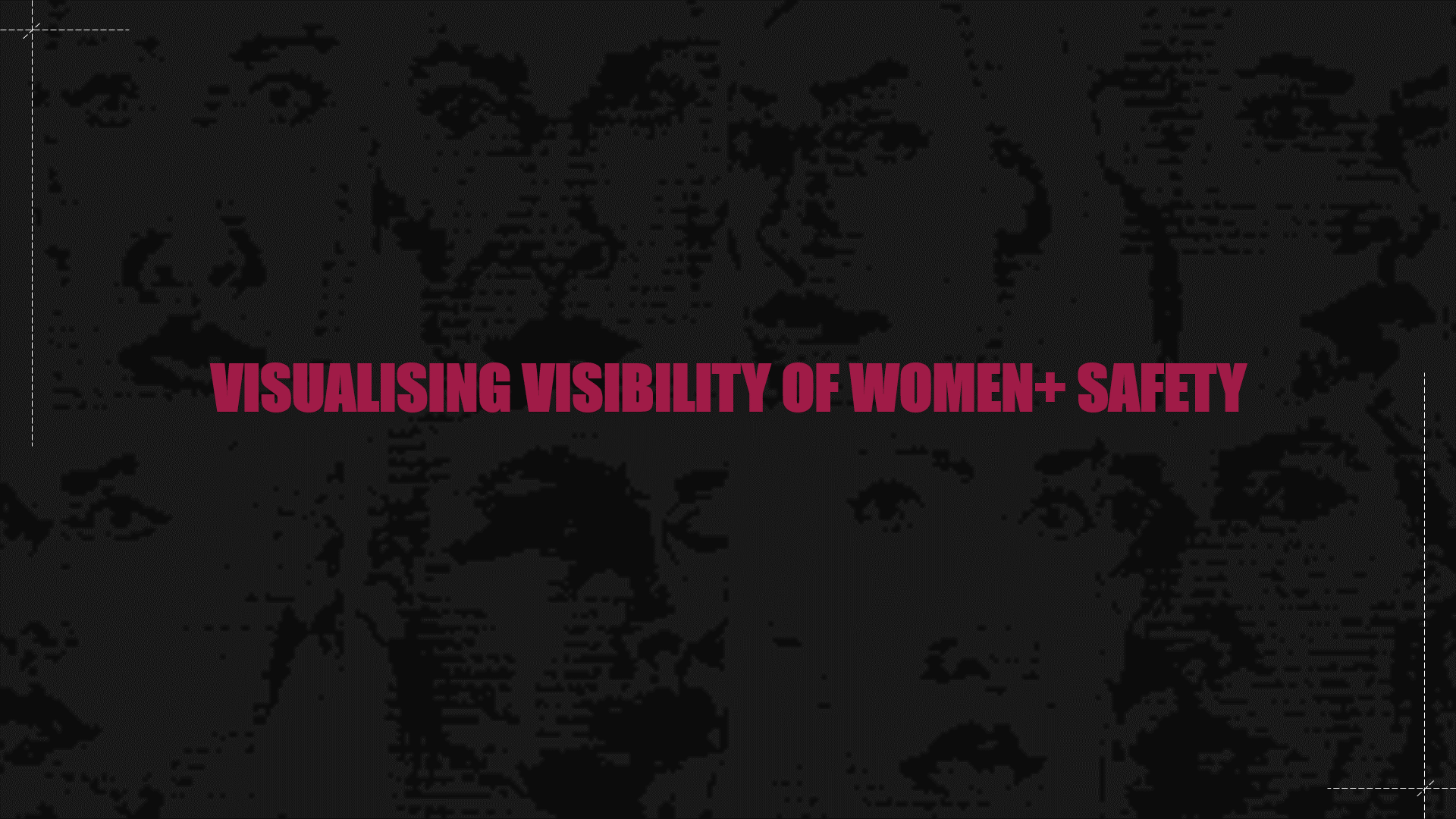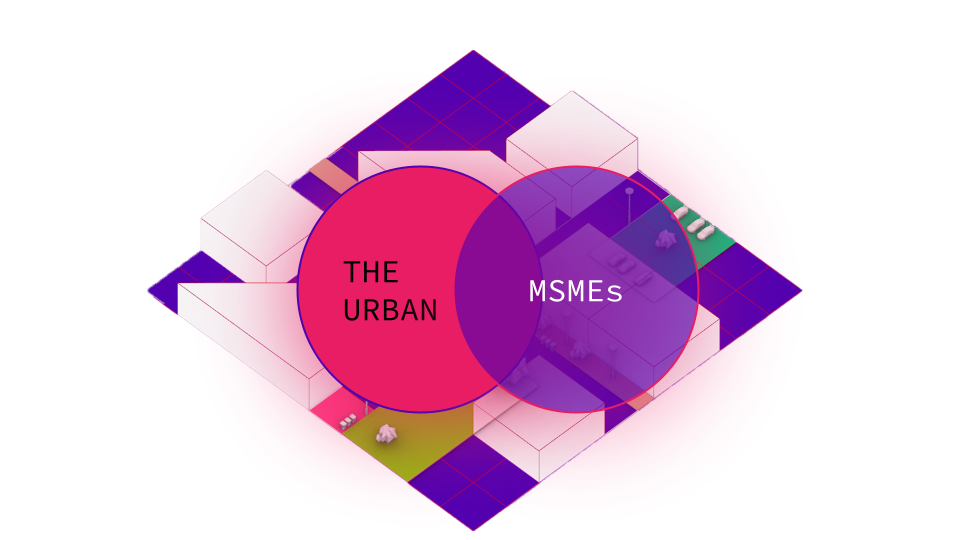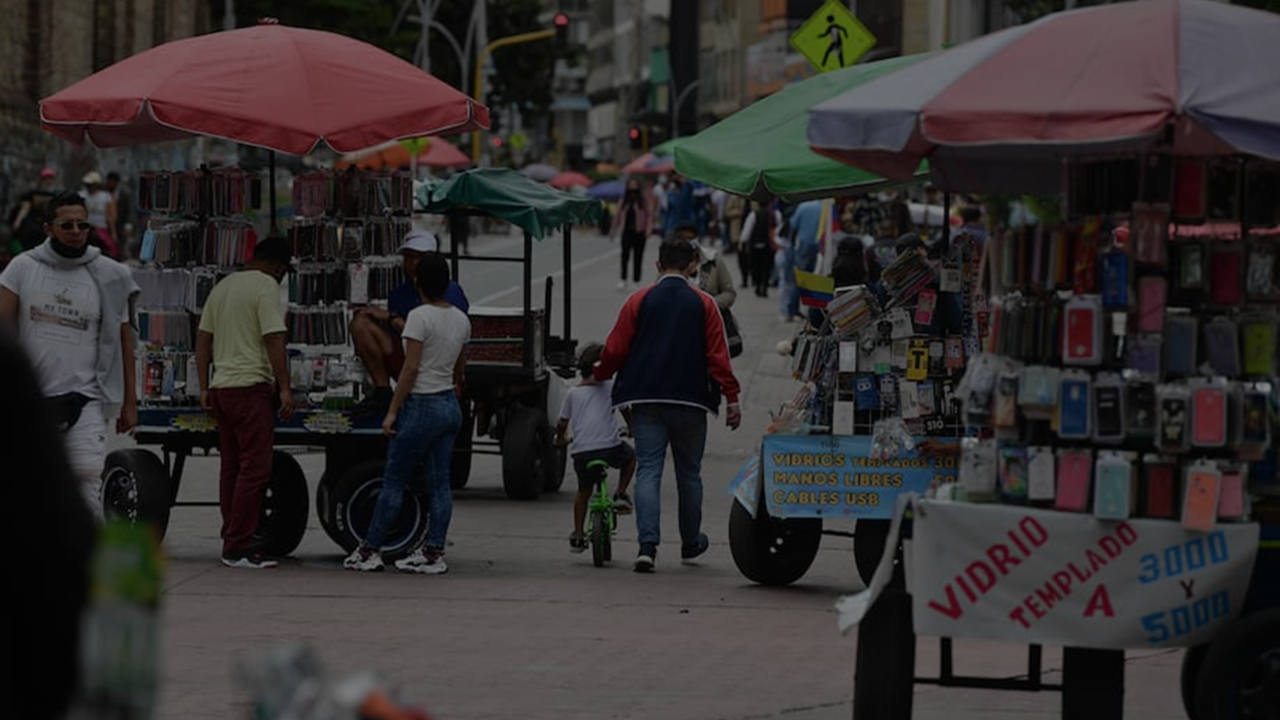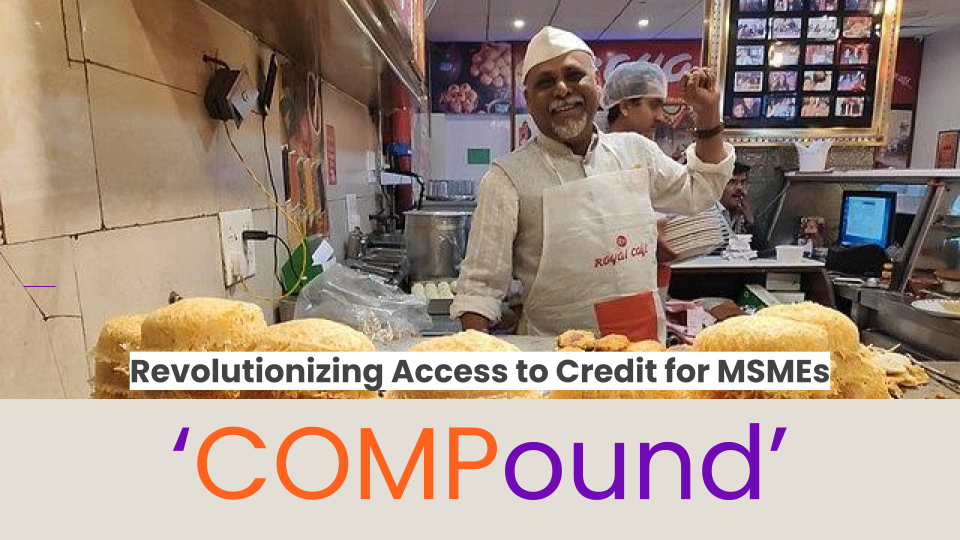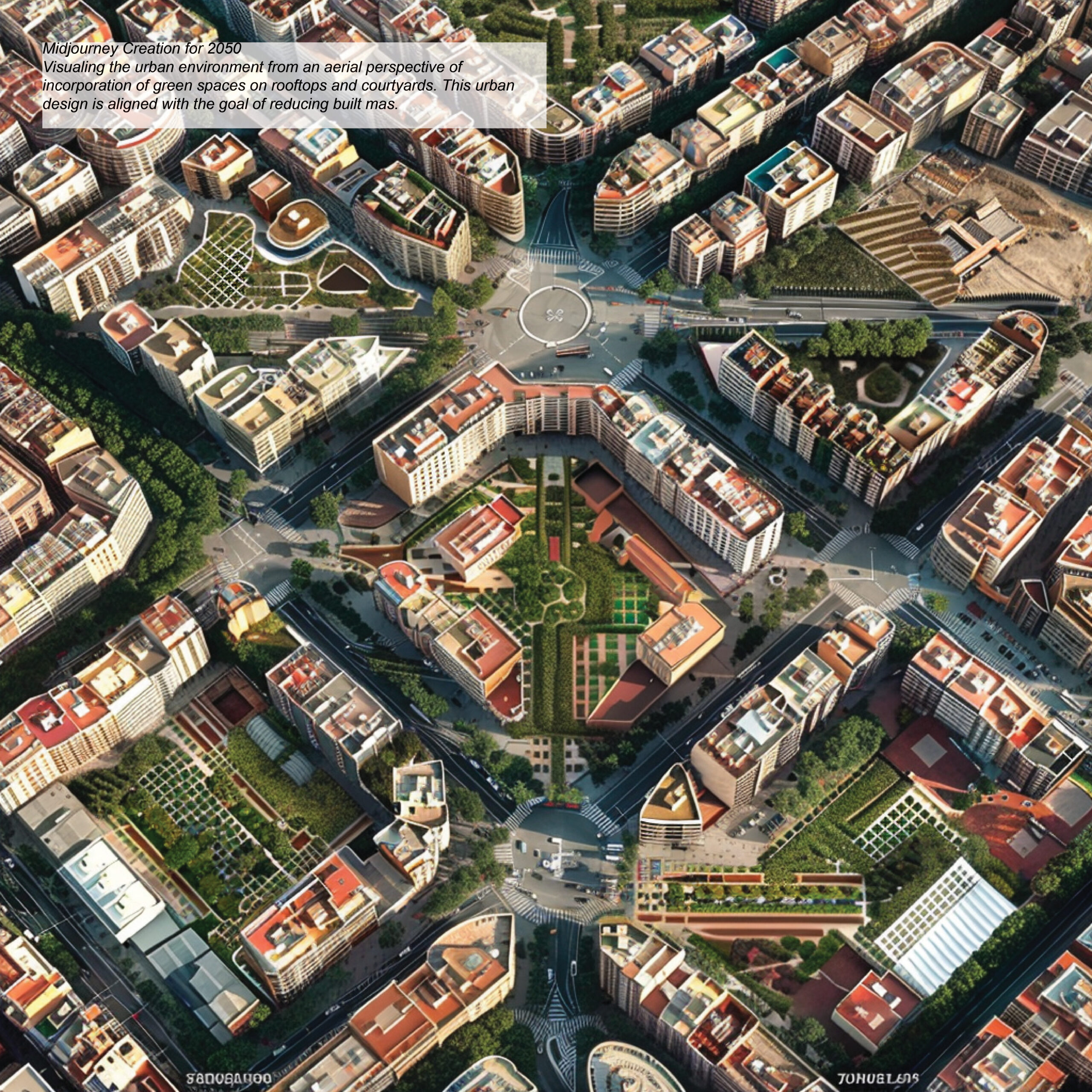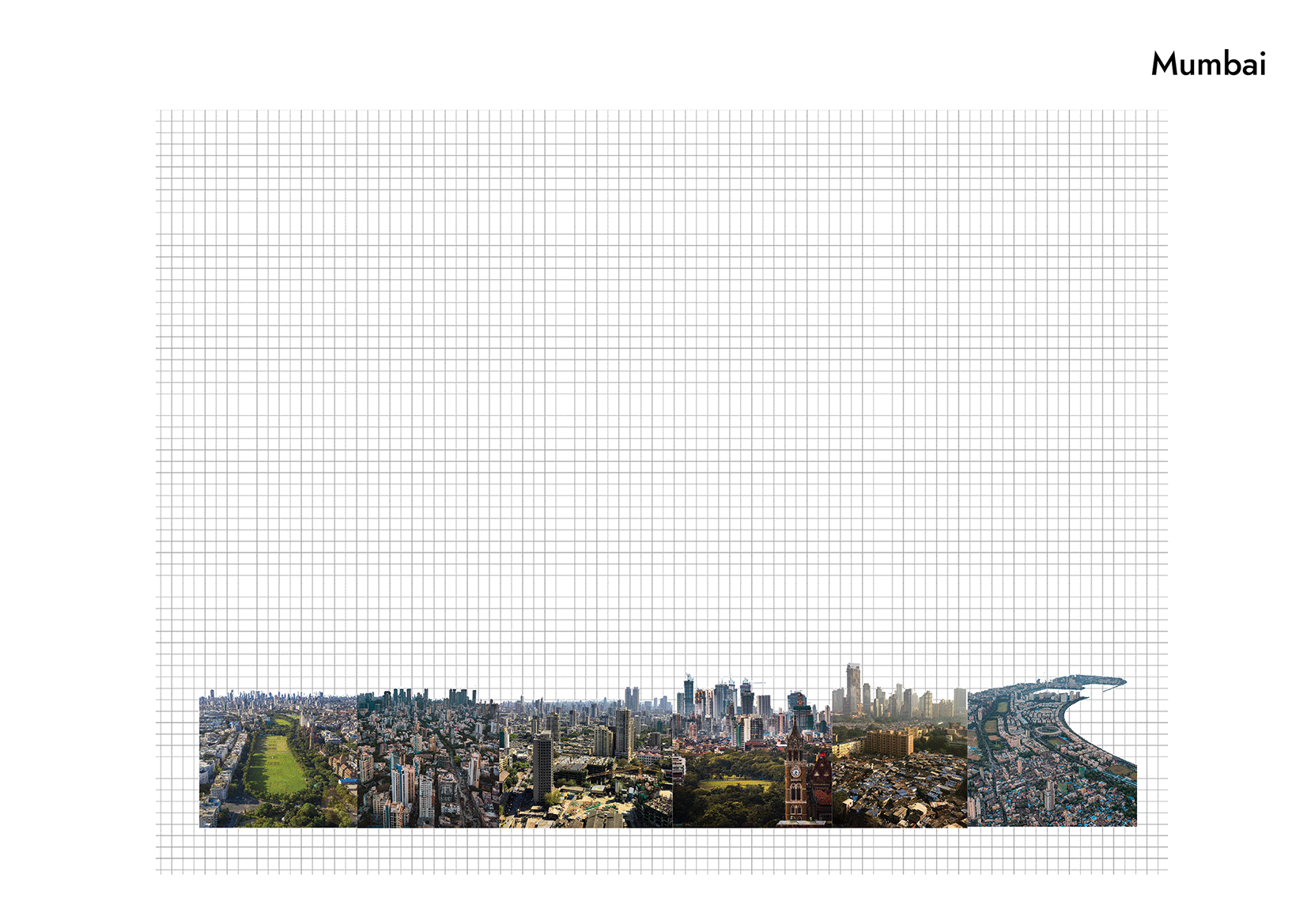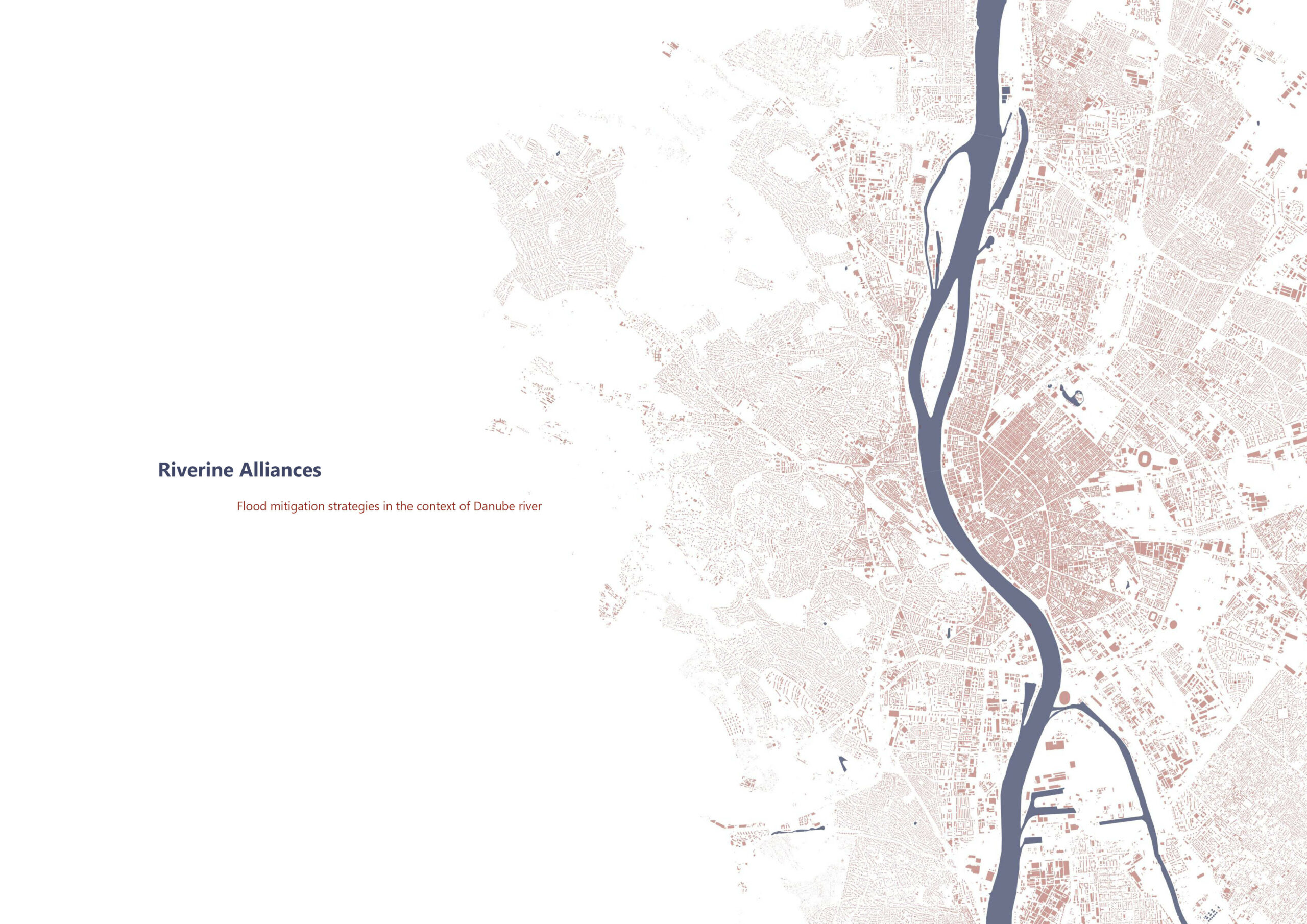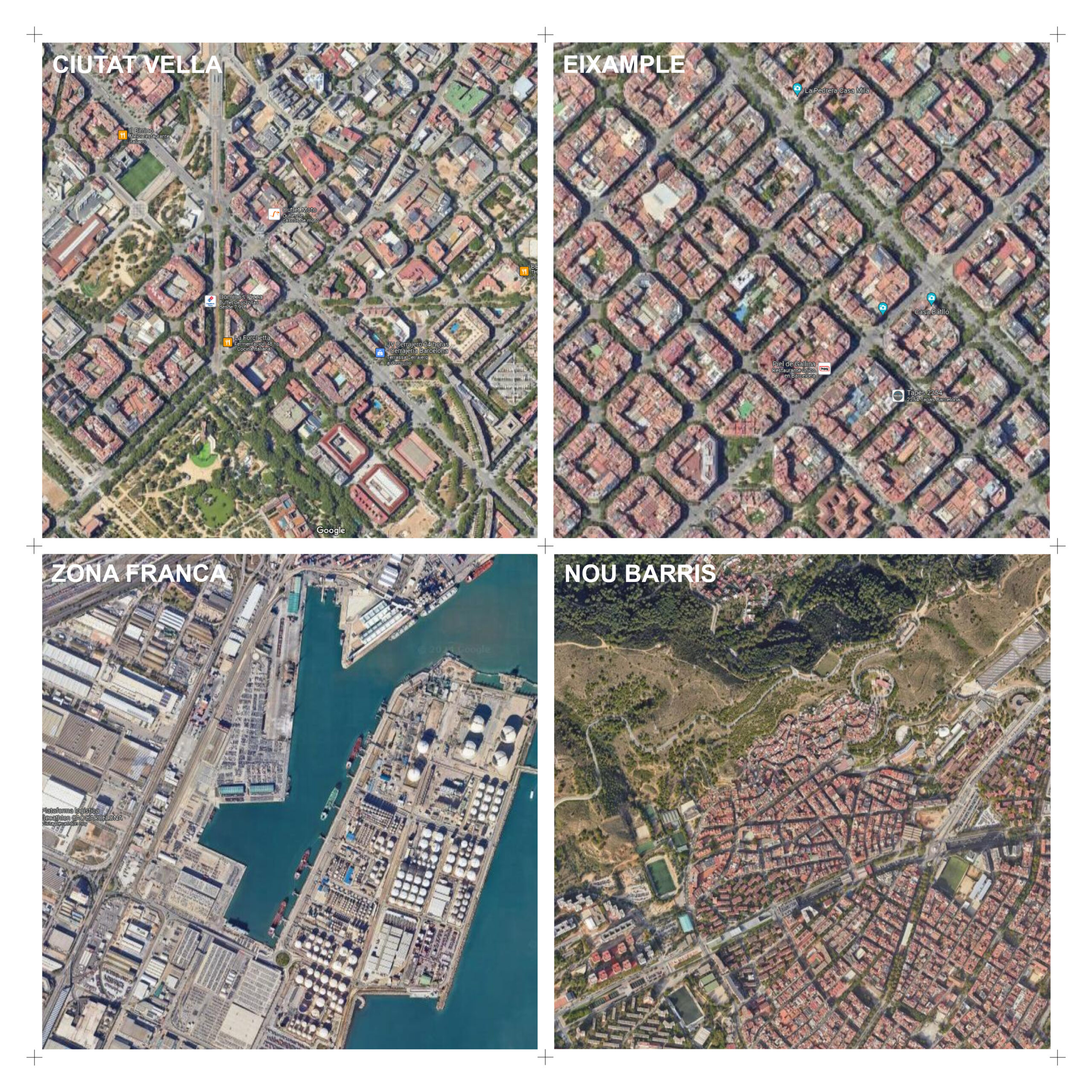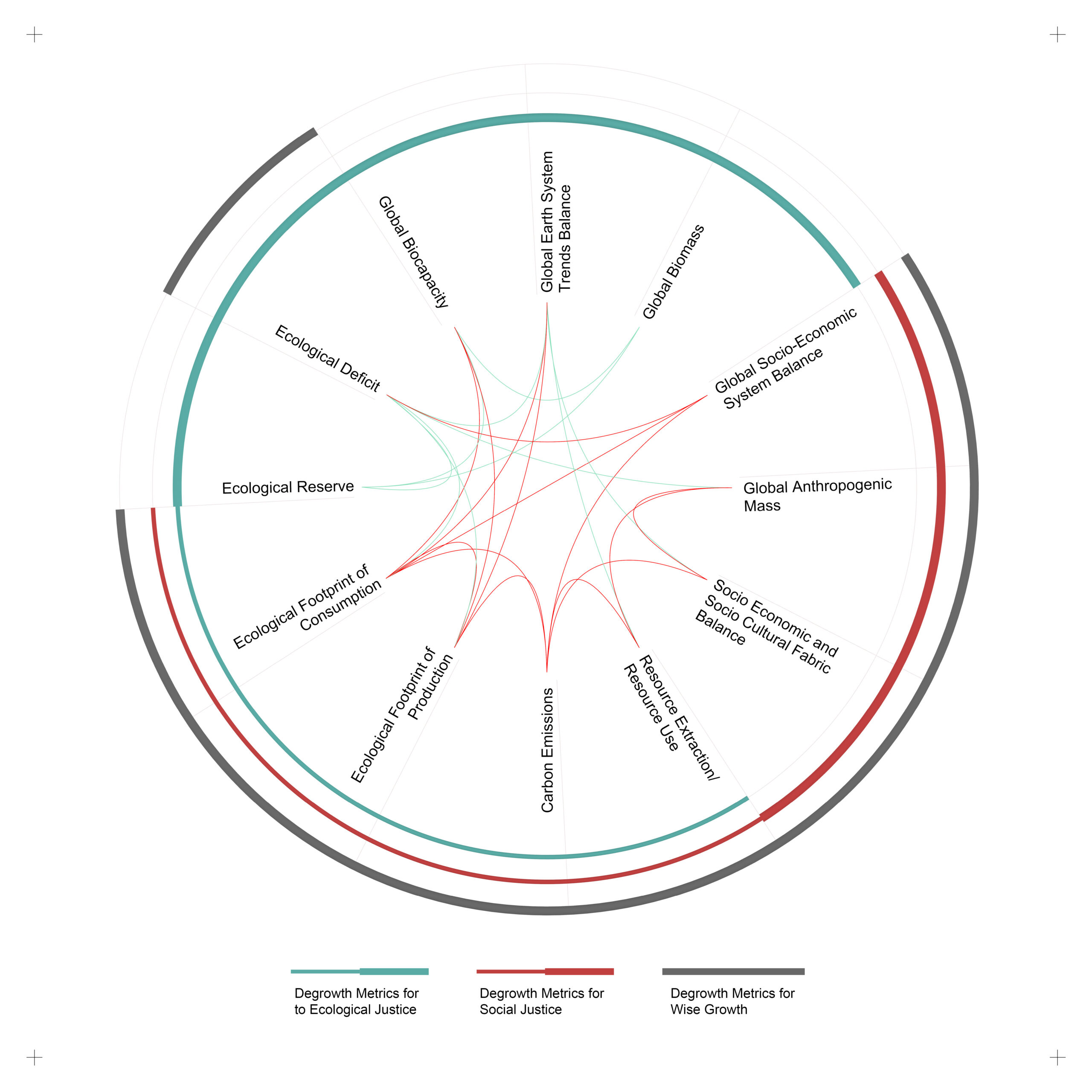Democratizing Credit
Using Street View and Remote Sensing to Assess Risk and Empower Small Businesses Whos got my Credit? Access to credit is a fundamental driver of economic growth, especially for Micro, Small, and Medium Enterprises (MSMEs) in the Food & Beverage (F&B) sector. Yet, traditional lending models—rooted in asset-based evaluations—often exclude countless small business owners, particularly … Read more





